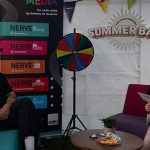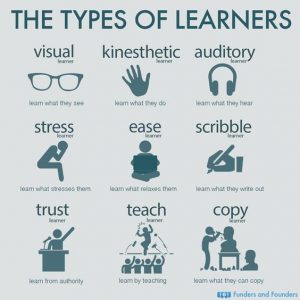
When preparing revision and study techniques, it’s always best to consider what type of learner you are. Arden University created this useful quiz that helped me recognise what type of learner I am, with tips on what works best for when I need to remember information. You can find it here: What type of learner are you? (arden.ac.uk) taking this quiz, I learnt I am mostly an ‘auditory learner’, therefore learn predominantly through listening and speaking. I was then able to look at study tips to help me with this as my main style of learning. I was able to recognise my strengths and disadvantages as a learner. I found recording lectures and re-playing them helped me to remember and recall information best. I also found that writing down questions for somebody to ask me, and me to answer, was a good technique for studying. There are multiple ways people learn, and being an auditory learner does not rule out other types of learning for me, but it does help me to recognise my strengths when revising.
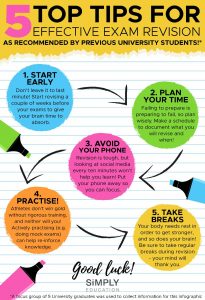 When getting started in a revision session, I would always start my day with structuring it with a list of what I need to get done and prioritise the most important. Visually seeing a list, I could tick off would help me to feel as if I am achieving things. It’s important to not rule out anything when you’re drawing a mind map of revision or writing a list. I find colour, images and patterns help me to visualise the information clearer, on paper and by memory.
When getting started in a revision session, I would always start my day with structuring it with a list of what I need to get done and prioritise the most important. Visually seeing a list, I could tick off would help me to feel as if I am achieving things. It’s important to not rule out anything when you’re drawing a mind map of revision or writing a list. I find colour, images and patterns help me to visualise the information clearer, on paper and by memory.
I also would focus on where and when I could squeeze revision in. I would put post-it notes around the house, on the mirror, TV, on the fridge door, on the wardrobe, so as I’m going about my day, I could answer a question on the post-it note or read a fact. This way I would be revising without realising I was actually studying.
Buddying up with a friend for a revision session is always helpful. I find being asked questions and having to answer them a good test for my knowledge on a subject. You might find it easier reading aloud with somebody to help you remember the information and keep you on track.
When studying, it’s a great idea to have a clear space decluttered that feels relaxing and inviting. Having a comfortable chair, a quiet atmosphere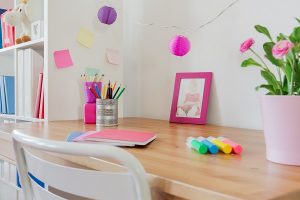 and good lighting makes all the difference when trying to concentrate.
and good lighting makes all the difference when trying to concentrate.
Don’t allow yourself to become consumed by notes and studying. It may feel like there’s a lot of pressure right now and no fun, but that also won’t help you relax! The more you keep a healthy balance of rewarding yourself with things you enjoy after a revision session, the more focused and proactive you’ll continue to be.
There are many ways to study, and it’s important to find what suits you best. Are you more focused at sunrise or sunset? Are you more focused after a run or a large meal? Are you more focused when you’ve set yourself a small reward, such as a chocolate bar, for after the session? Do you learn best when working with a friend to test each other? Do you learn best by watching, doing or listening? There’s so many different styles and methods out there, and what suits you, may not suit your neighbour. Be sure to give yourself rewards, keep hydrated, sleep plenty, and keep a healthy balance in mind.

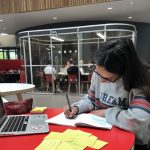 Study Tips Whilst at Uni
Study Tips Whilst at Uni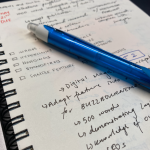 Three things to focus for the month of deadlines
Three things to focus for the month of deadlines Emily’s top revision/study tips
Emily’s top revision/study tips Why I chose BU to study Events Management
Why I chose BU to study Events Management






